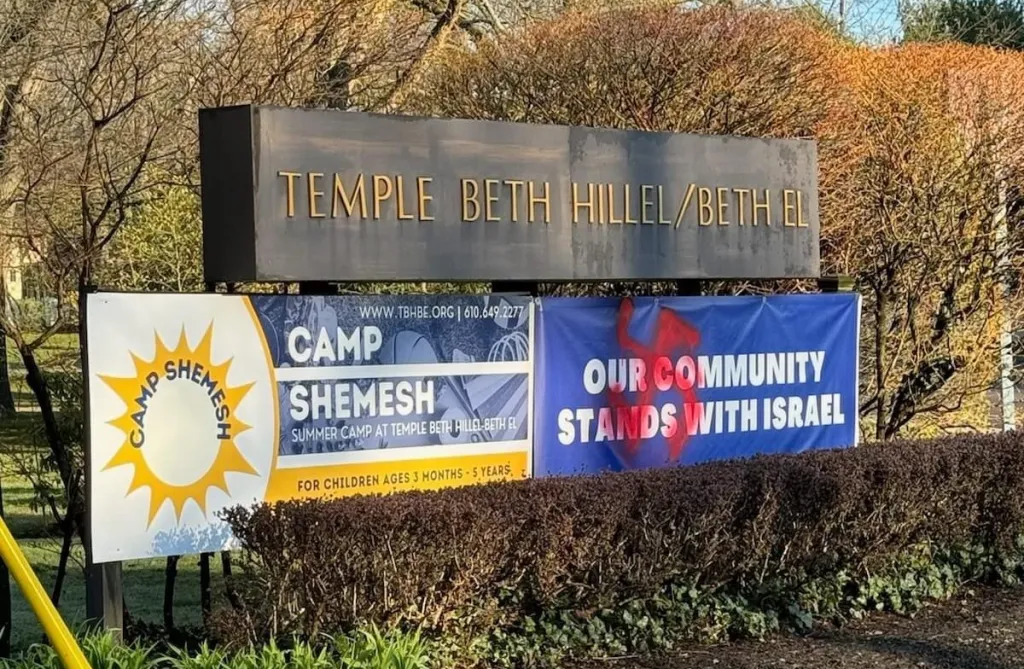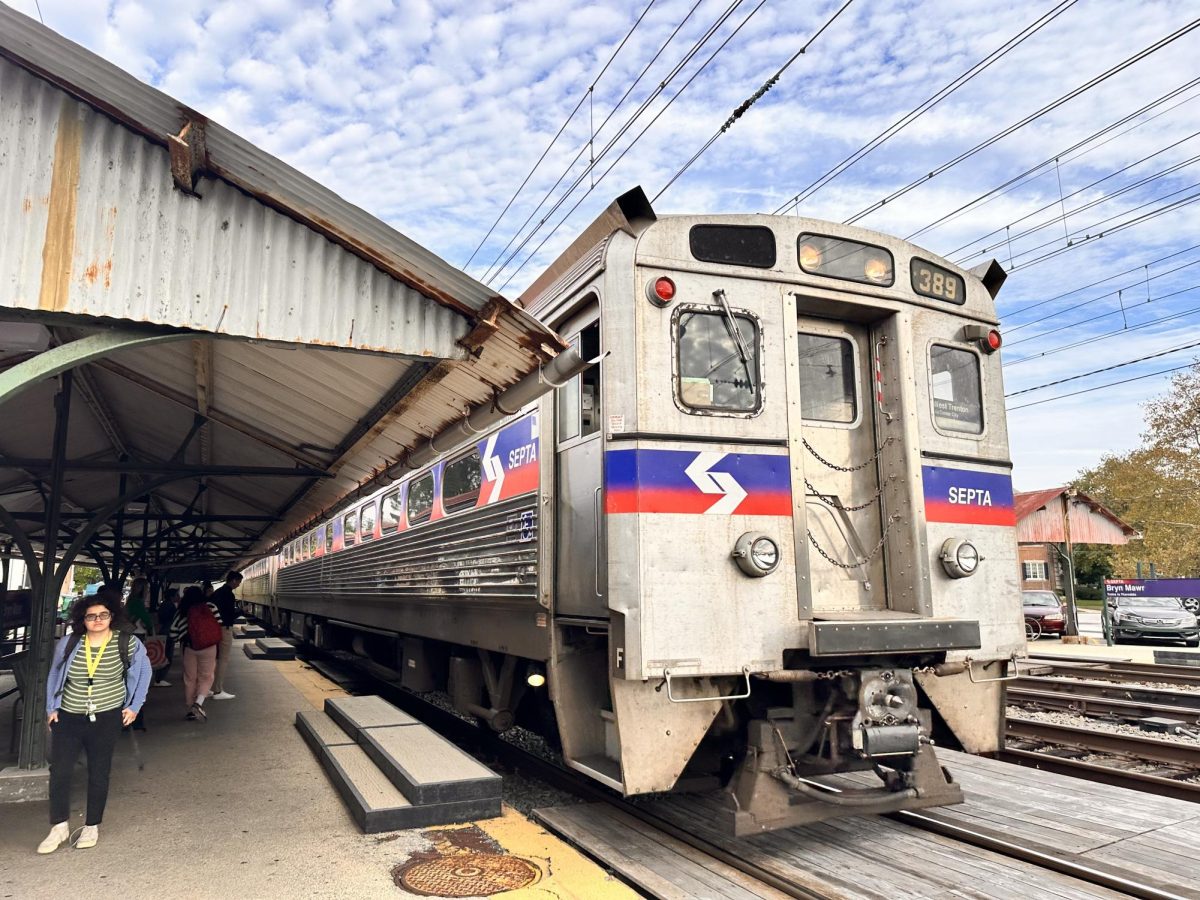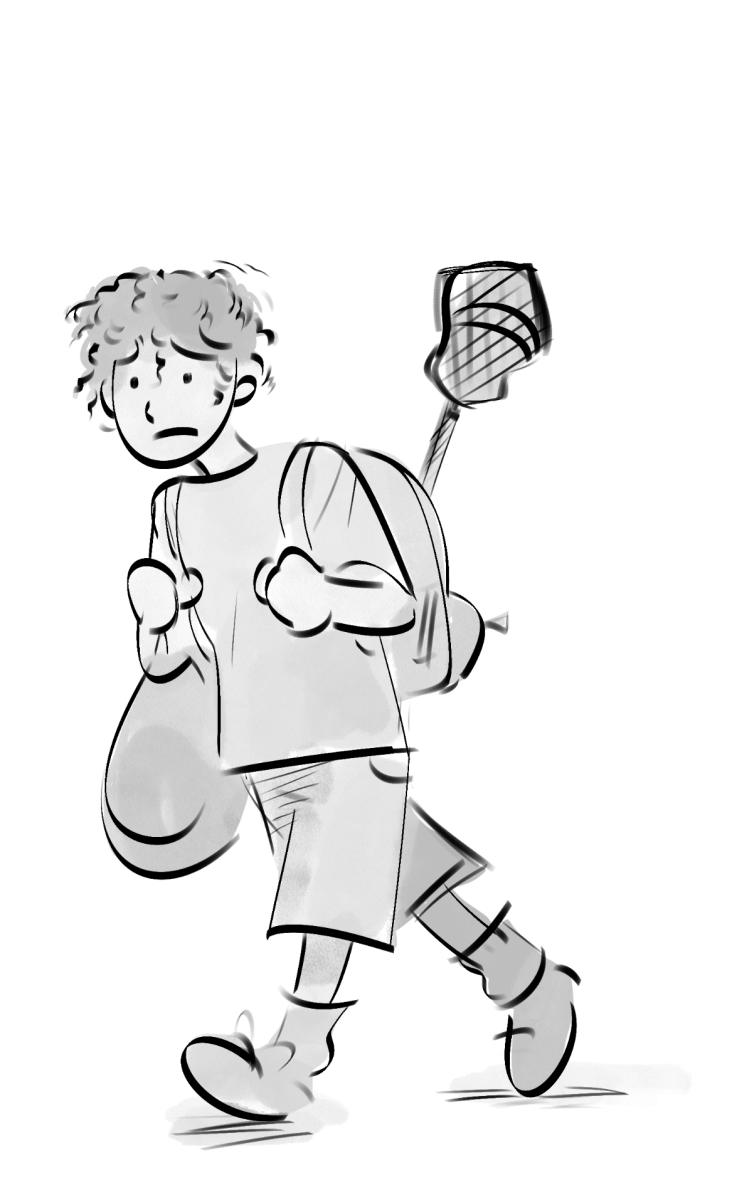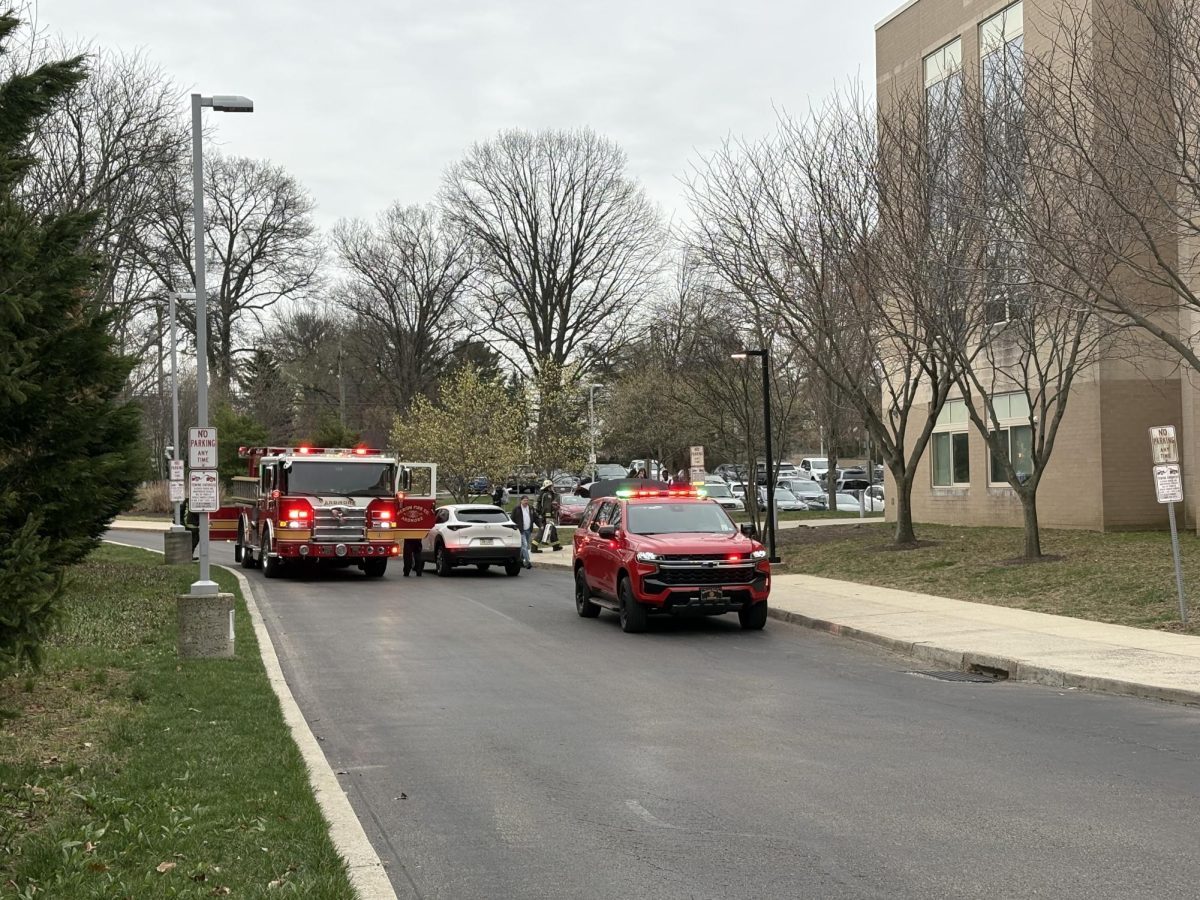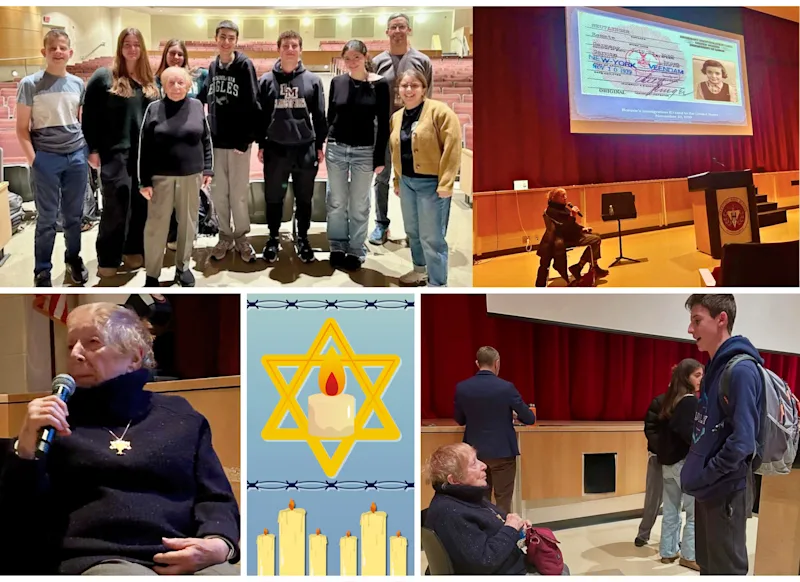On Saturday, March 31, Temple Beth Hillel Beth-El, located on Remington road in Wynnewood, fell victim to an act of antisemitic vandalism when sign outside of the synagogue that reads, “OUR COMMUNITY STANDS WITH ISRAEL” was defaced with the spray-painted image of a swastika. The synagogue is a popular place of worship in LM, and the vandalism came as a huge shock to those associated to the temple. In an interview with Rabbi Ethan Witcovsky, the temple was described as a place of belonging and acceptance: “A symbol that we have a place in this society and community.”
The sign was found by members of the synagogue on their way to morning prayers. Their initial response was to alert staff and authorities who were quick to take action. Synagogue leaders are currently working with the police to investigate the incident, with Rabbi Witkovsky commenting on the love and support witnessed by their community: “Quite touching; a number of political leaders in our state in our city have reached out to show support and solidarity.” While the graffiti has been removed, Rabbi Witkovsky still emphasized the need to remember that instances like this still happen, even in the least expected places.
In response to the attack, Beth Hillel Beth-El hosted a prayer service on April 1. Barbabra Bookman, the synagogue’s past president, reported more than 1200 people attended in person, and more than 400 attended online. The congregation included priests, imams, and other non-Jewish individuals. Notable elected officials, such as Congresswoman Mary Gay Scanlon, county commissioners, and representatives from the governor’s office, were also present. It was such a success that some had to park in neighboring communities. Noa Litcofsky ’25 described the situation as being handled “beautifully.” In his address, Rabbi Witcovsky expressed gratitude to the non-Jews who were present. He shared during an interview, “The thing that worries me more than antisemitic happenings is antisemitic things happening and no one else cares. […] A beautiful thing that could’ve been very isolating for our community actually became very unifying with the non-Jewish community around us.”
While a perpetrator is yet to be identified by local law enforcement, for many in the community the message that they wanted to send was clear. The image of a swastika is hard to misconstrue. It is, without question, a message of hate. Rabbi Witkovsky shared this sentiment saying, “the swastika is a sign of hate and there are a lot of people who don’t want more hate in our world.” The Temple’s leadership further wrote on an Instagram post, “We do not know who did this. We do know that they wanted us to be afraid. A swastika is not a commentary on the policies of the State of Israel, nor is it a sign of solidarity with Palestinians. It is a symbol of hatred and division.” Rabbi Witkovsky appreciated the community’s effort to “stand up against hate and violence, in all of its forms.”
Governor Josh Shapiro shared on X the importance of resilience and holding strong during such acts of hatred: “These acts of hate will never change the fact that no matter what you look like, where you come from, who you love, or who you do and don’t pray to, you belong here in Pennsylvania.”


